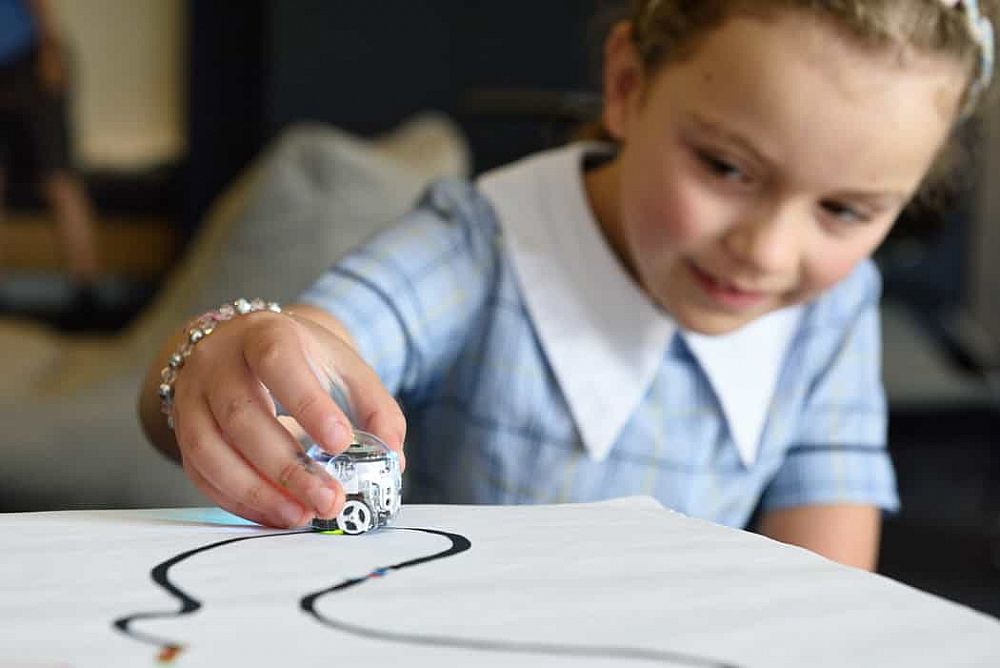The Most Common Learning Difficulties Students Have to Face

Learning difficulties means difficulty in learning but its not globalized. most kids get cold feet in the course of learning a new thing or a new language, some become shy, while some are not motivated or have confidence. I have been around kids for years and I can say that I understand them in some cases or scenarios.when we are working with kids that are shy, less motivated or lack confidence we should use materials that will help to solve that problem, same goes for an adult.
Table of Contents
Are you ready to teach English to ESL students?
This post was written by our TEFL certification graduate Chilotam O. Please note that this blog post might not necessarily represent the beliefs or opinions of ITTT.
Neurological disorders
There are cases of learning disorders like Dyslexia which means difficulty in reading or interpretation of words, according to the doctors, it can't be cured and may last years. Another case is Dyspraxia which is a neurological disorder that slows individual ability to process or comprehend a motor task or language and according to doctors the individual needs medical examination. There is also a case of Dysgratia which means difficulty in writing and this can last for years with no cure. All these difficulties can hinder learning in a child or an adult so a teacher needs to tread carefully and be observant. My nephew was dyslexic and I was able to help him with a mnemonic device or a memory device, it is a learning technique that helps information retention and retrieval in the human memory. I was able to find out the kind of device he needed to be able to read and it was the sound of a cartoon and imagery. Sometimes, I had to go back to letters and ask him to pronounce the letters one by one then two by two and so on. It really helped him and today he is one of the brightest pupils in his class. In my opinion, I think teachers should try and observe their students to find out their strength and weakness then find a suitable way to help them even if it means using a mnemonic device, playing a DVD.

Also Read: What is Classroom Management and How Does it Affect the ESL Classroom?
Behavior Issues
Some kids tend to be stubborn when it comes to learning so they try so hard to frustrate the teacher in any way they can and not listen to the teacher, this attitude can make it hard for both the teacher and the student. In this case, I advise that teachers should be an advocate for that student by speaking up and talking to the school authority and parents of the student. Another way to treat learning disabilities is Approach. I think when teachers approach their students with an open heart, not bottled up or looking strict, but looking approachable it will make learning easier for students. If teachers have a little sense of humor in the class, the students will be motivated, after all, all work and no play makes Jack a dull boy. Teachers should focus more on the strengths and not weaknesses because learning difficulty is just one area of weakness but there are more areas of strengths. Teachers should focus on a student's gifts and talents, nurture it then find a way to lure them into learning new things. According to Brad Henry, a good teacher can inspire hope, ignite the imagination, and instill a love of learning. To crown it all Benjamin Franklin said "Tell me and I forget, teach me and I remember, involve me and I learn, so let's involve our students in class activities in a fun way for them to evolve.

Also Read: How to Keep Beginner Students Motivated Avoiding Their Native Language?
Are you ready to teach English to ESL students?
Apply now & get certified to teach english abroad!
Speak with an ITTT advisor today to put together your personal plan for teaching English abroad!
Send us an email or call us toll-free at 1-800-490-0531 to speak with an ITTT advisor today.
Related Articles:
- 8 Important Tips For Good Classroom Management
- The 3 Most Important Parts of Classroom Management for ESL Teachers
- The Most Distinct Differences between American and British English
- Online or In-Class - Which TEFL Course Should You Take?
- Teaching English Abroad: What's Next? - How To Advance In Your EFL Career



